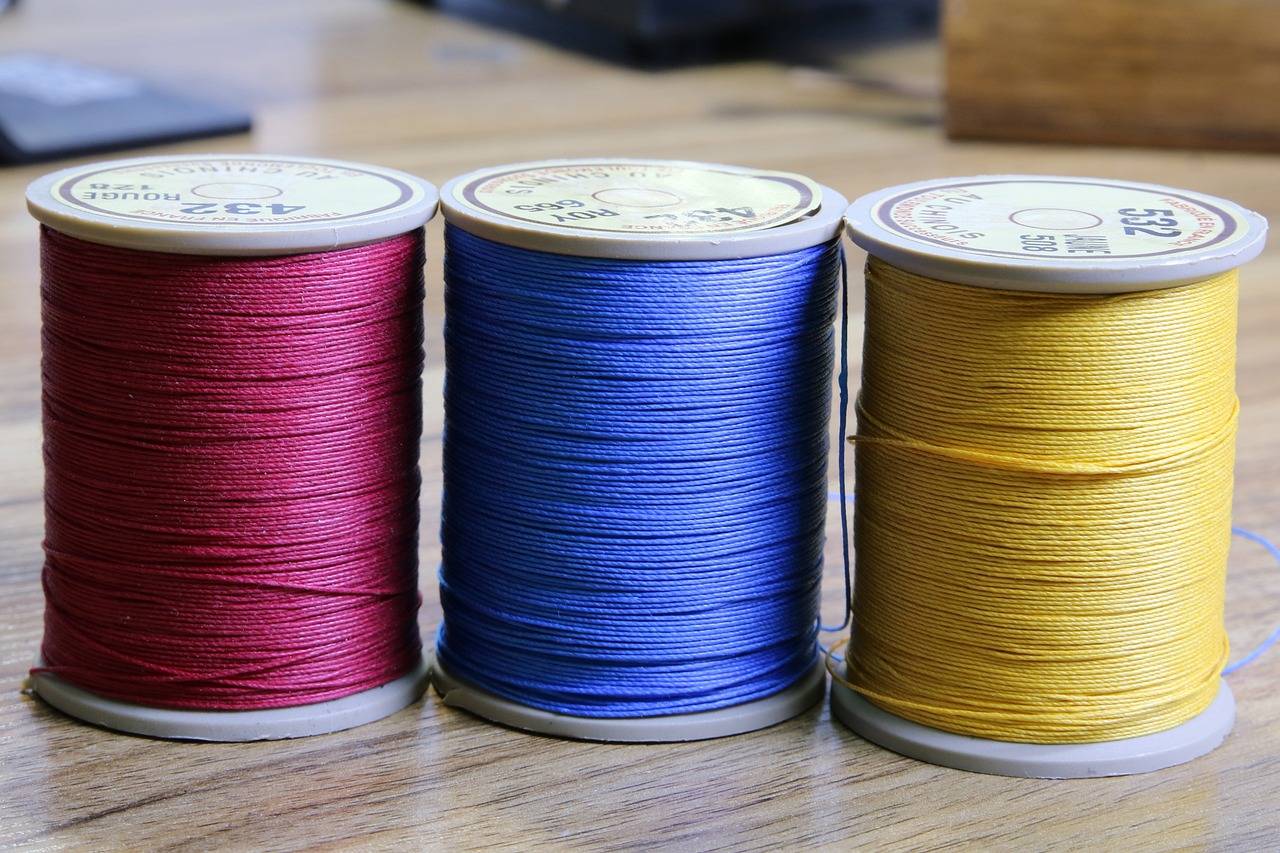The Evolution of Fashion Retail: From Brick-and-Mortar to E-Commerce
The landscape of retail has undergone a significant transformation with the rise of online shopping platforms. These digital marketplaces have revolutionized the way consumers shop, offering unparalleled convenience and accessibility right at their fingertips. From clothing to electronics to groceries, almost anything can now be purchased online with just a few clicks.
The appeal of online shopping platforms lies in their convenience and flexibility, allowing consumers to browse and purchase products at any time of the day from the comfort of their own homes. With secure payment systems and swift delivery services, online shopping has become the go-to option for individuals looking to streamline their shopping experience. As e-commerce continues to evolve and expand, it has become increasingly clear that online shopping platforms are here to stay, reshaping the retail landscape for the foreseeable future.
The Impact of Social Media on Fashion Retail
Social media has significantly transformed the landscape of the fashion retail industry. Platforms like Instagram, Facebook, and Pinterest have become powerful tools for brands to connect with their audience, showcase their products, and ultimately drive sales. With the rise of influencer marketing, fashion retailers are harnessing the reach and influence of key personalities to promote their products to a wider audience in a more authentic and relatable way.
This shift towards social media marketing has also brought about a more interactive shopping experience for consumers. Through targeted ads, personalized recommendations, and shoppable posts, fashion retailers are able to tailor their offerings to meet the specific preferences of their customers. This targeted approach not only enhances the shopping experience but also makes it more convenient and efficient for consumers to discover and purchase new fashion items.
The Role of Influencers in Shaping Consumer Trends
In today’s digital age, influencers play a crucial role in shaping consumer trends across various industries, particularly in the realm of fashion. With their large and engaged followings on social media platforms, influencers have the ability to sway consumer preferences and behaviors, ultimately influencing purchasing decisions. From promoting the latest fashion trends to showcasing new products, influencers have become key players in driving consumer interest and shaping the way people shop.
Influencers are seen as relatable figures by their followers, creating a sense of trust and credibility that traditional advertising often lacks. As a result, their recommendations and endorsements carry significant weight in the eyes of consumers, who are more likely to be influenced by the authentic experiences and opinions shared by influencers. Brands have recognized the power of influencers in reaching target audiences and driving sales, leading to an increase in influencer partnerships and collaborations to leverage their influence and reach a wider consumer base.





